22 Questions About Fertility, Answered By An Expert
Fertility! It can be confusing, expensive to figure out, and not something we're really taught about unless we go searching for the answers.
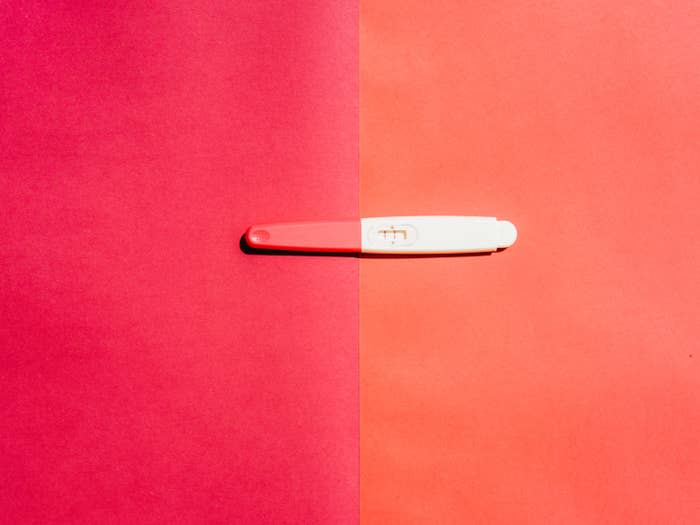
So we recently asked the BuzzFeed Community to submit any questions they had around fertility. Then, we sat down with various experts from Kindbody Fertility Clinic to get some answers! To be specific, we spoke with Dr. Kristin Bendikson, Dr. Deborah Ikhena-Abel, Dr. Melinda Henne, and Dr. Malgorzata Skaznik-Wikiel to answer your questions about fertility.
1."Is it considered 'too late' for me to have a healthy baby after 35? How much does age really impact fertility?" —Anonymous
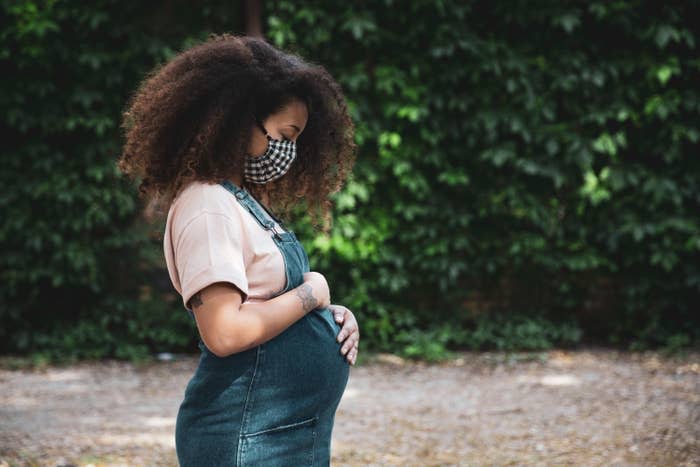
Dr. Deborah Ikhena-Abel: No, age 35 is not considered too late to have a baby. Age is the strongest predictor of fertility because both egg quality and egg number decrease with age. This means that the likelihood of pregnancy each month decreases as we get older. For example, the likelihood of pregnancy per month at age 30 is 20% and by age 40 is 7%.
Additionally, the decrease in egg quality with age leads to an increased risk for miscarriage; for example, the risk of miscarriage at age 30 is 1 in 4, at age 35 is 1 in 3, and by age 40 is 1 in 2.
2."I have PCOS and never get natural periods. Does this mean I don’t ovulate?" —ciaraannlouisew
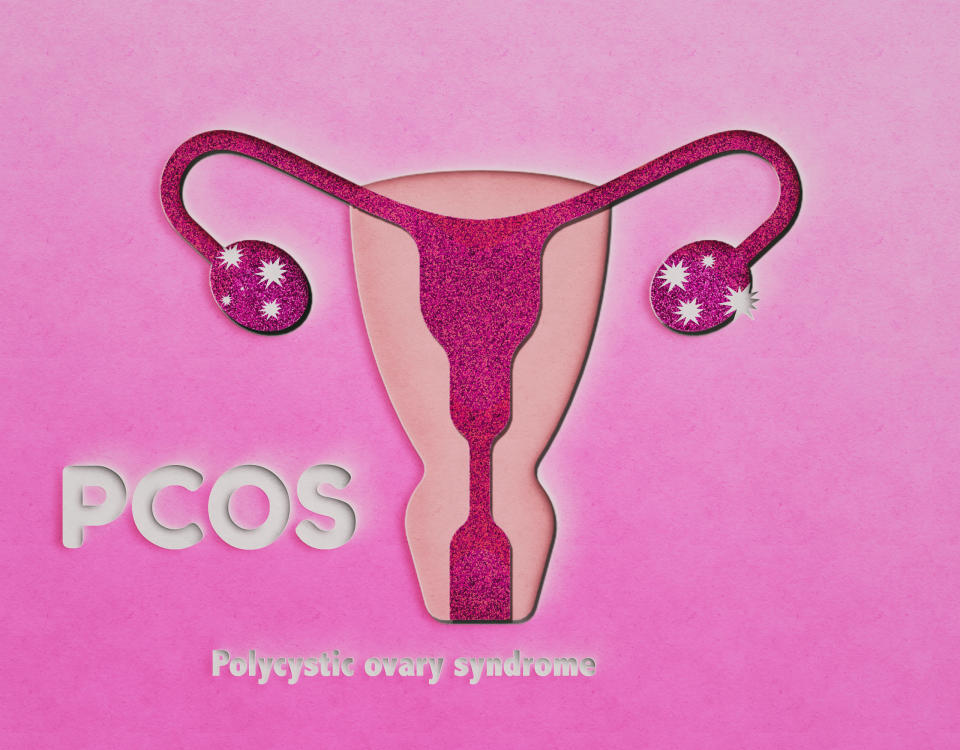
Dr. Deborah Ikhena-Abel: One of the hallmarks of PCOS is the absent or infrequent ovulation. Women with PCOS sometimes ovulate; however, if you never get periods on your own, then you most likely do not ovulate. In this case, when you’re ready to conceive, you will need to be started on medications to bring about ovulation — this is called ovulation induction.
3."If you have had an eating disorder (anorexia in my case), and recover and regain your period, can you still have fertility issues?" —shapiro2024

Dr. Deborah Ikhena-Abel: In most cases, the biggest hump is having return of menses after recovery from having an eating disorder and you have gotten over that hump. However, there isn’t a lot of research on whether prolonged periods of nutritional depletion can have a lasting effect on egg count (ovarian reserve) or egg quality. There is no test for egg quality; however, we can measure ovarian reserve by both an ultrasound assessment known as an antral follicle count (AFC) and a blood test called Anti-Müllerian Hormone (AMH). I recommend seeing a fertility doctor for a fertility assessment to get a sense of where you are with regard to your ovarian reserve.
4."Is it possible to get pregnant naturally after having a baby via IVF (with egg donor)? I still ovulate but just never was able to get pregnant with my own eggs." —tuckey
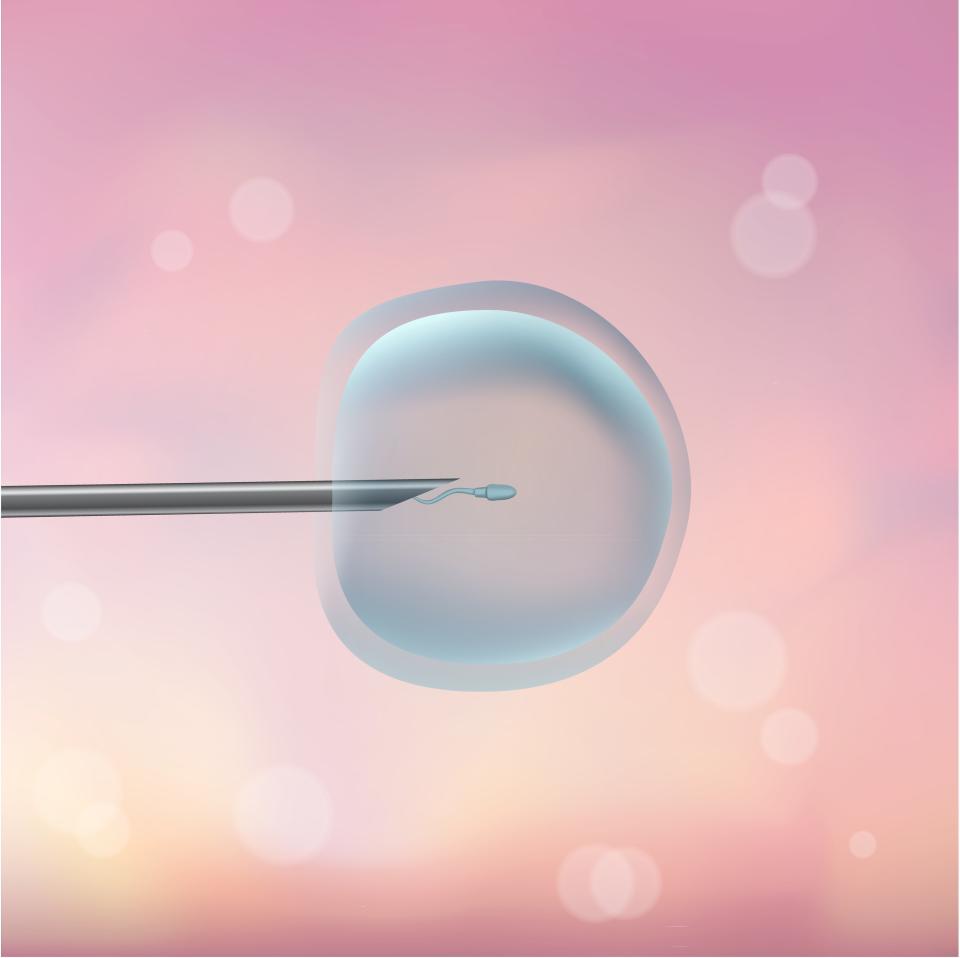
Dr. Melinda Henne: Depending on many factors, yes, it is possible to conceive naturally after having a baby with in vitro fertilization, even if donor eggs were required. Age is the biggest predictor of female fertility. If a woman is still ovulating, she may still conceive. However, if donor eggs were needed for a previous conception, this suggests an egg quality issue and conception will be unpredictable.
5."Is there a way to find out if your PCOS will affect your fertility? My aunt has it and had two kids with no issues. I'm wanting to have kids soon-ish and worried about it." —alexandrias4b738d852
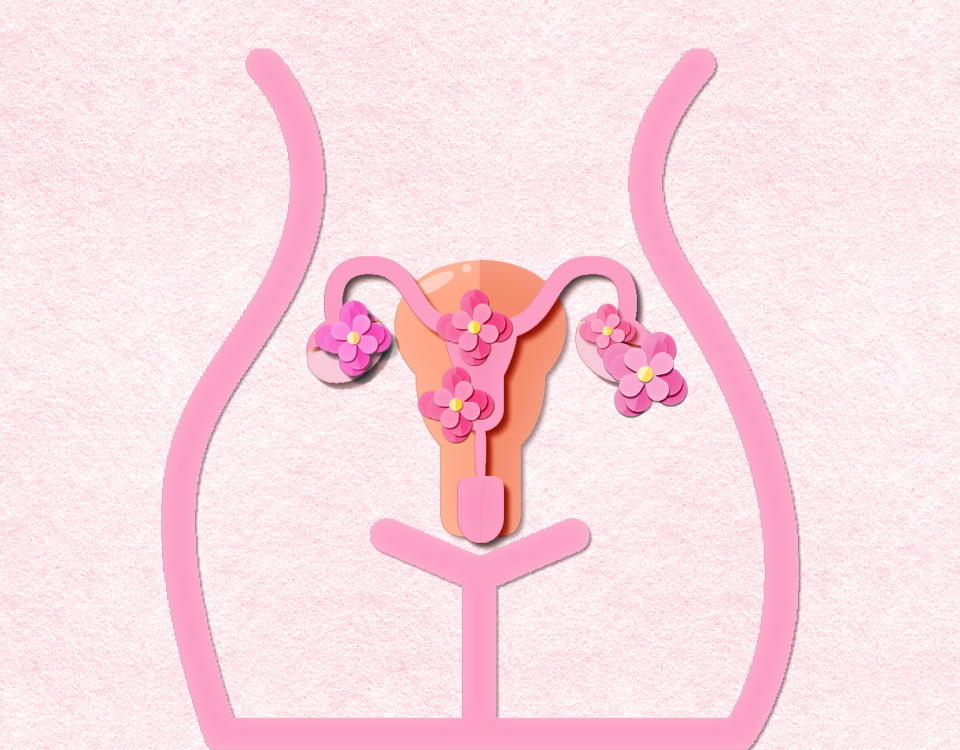
Dr. Melinda Henne: Women with Polycystic Ovarian Syndrome ovulate, but they don’t ovulate in a regular and predictable manner. If a woman has PCOS and does not ovulate regularly, the timing for conception will be unpredictable. The best way to predict ovulation is to track your periods. Women with irregular periods have irregular ovulation. Ovulation-inducing medications may be necessary.
6."Does blood type really matter when trying to conceive?" —jennies4783ed5b8
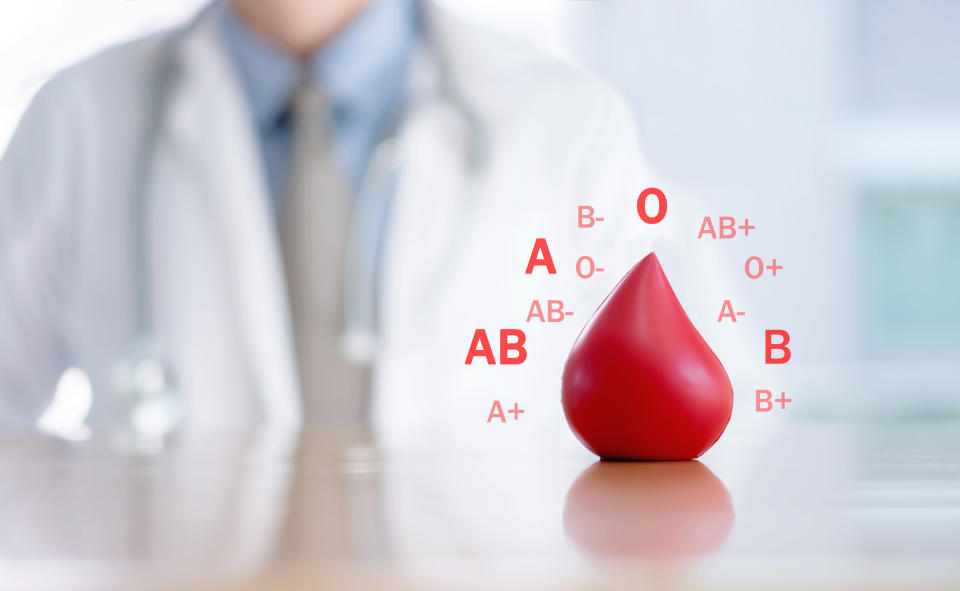
Dr. Deborah Ikhena-Abel: No, your blood type does not affect your chance of pregnancy. However, we check both you and your partner's or sperm source’s blood type when you’re trying to conceive. Because if you’re Rh negative and they are Rh positive, you may need to get a medication called RhoGAM during your pregnancy and shortly after delivery.
7."Did the vaccine actually affect fertility like some people say?" —fireowl333
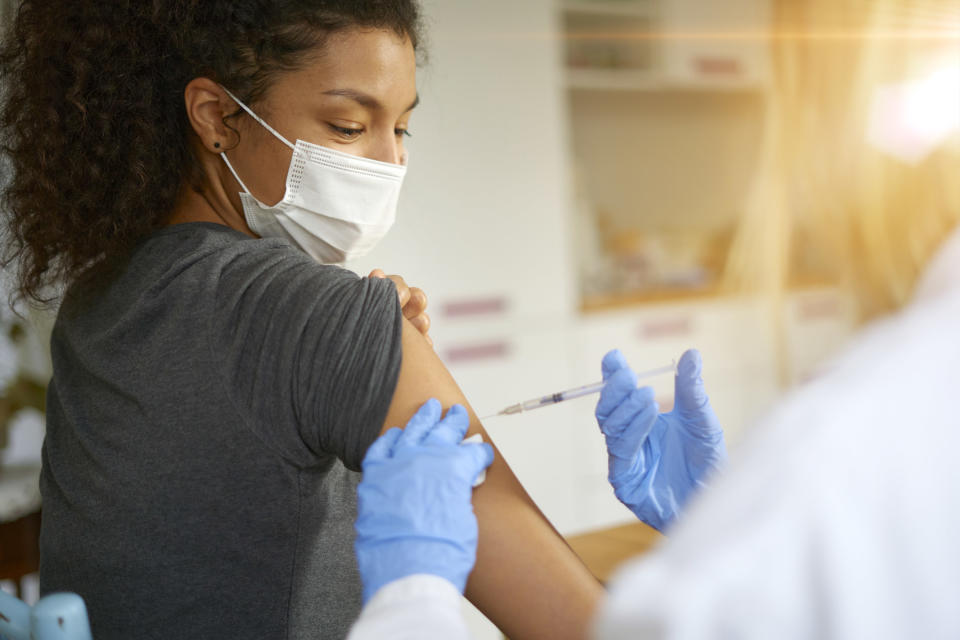
Dr. Kristin Bendikson: There is NO evidence that the vaccine affects your future fertility. Claims to suggest otherwise are unfounded. There are multiple studies that have looked at the COVID-19 vaccine and female fertility, male fertility, and miscarriage, and there is no link between the vaccine and worsening fertility outcomes. The CDC is urging women who are pregnant, breastfeeding, and trying to get pregnant to get vaccinated. We know that pregnant women are at risk of more serious illness if they get COVID. The vaccine doesn’t cross the placenta but helpful antibodies against COVID can, protecting your baby. Getting the vaccine can save your life or a life around you.
8."I've been on the pill for almost 15 years now, starting when I was a teenager until a couple months ago. I know there are a lot of people out there who say extended use of the pill can decrease fertility in women. Is that true?" —peekocherry197
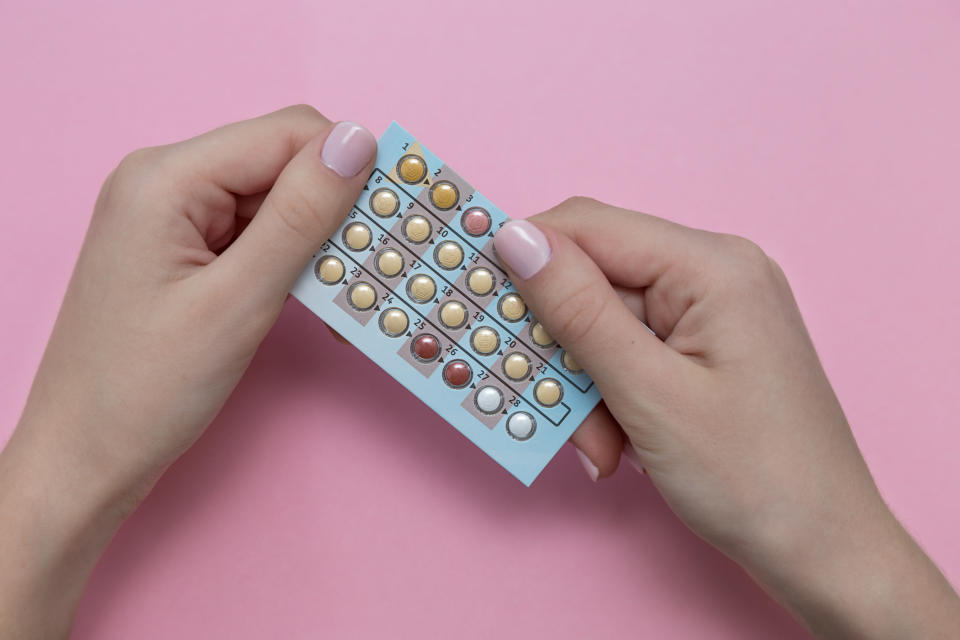
Dr. Malgorzata Skaznik-Wikiel: One of the most common myths is that the pill decreases fertility or even makes women infertile. There is absolutely no evidence to support this. The reason the myth is so popular stems from the fact that being on the pill can mask underlying fertility problems, such as anovulation, and a woman may not be aware of them until she actually stops taking the pill. Then, the problems become more apparent. In general, women who have used the pill are just as likely to get pregnant as women who have never used this form of birth control. In the majority of women, regular cycles return within 1–2 months after stopping the pill; although in about 1%, the return of normal menses can take more than 6 months. Consultation with a fertility specialist is generally recommended when a woman is unable to conceive after 6–12 months after stopping the pill.
9."When doing IVF, can you explain how some people are able to find out and 'choose' the sex of their embryos?" —Anonymous
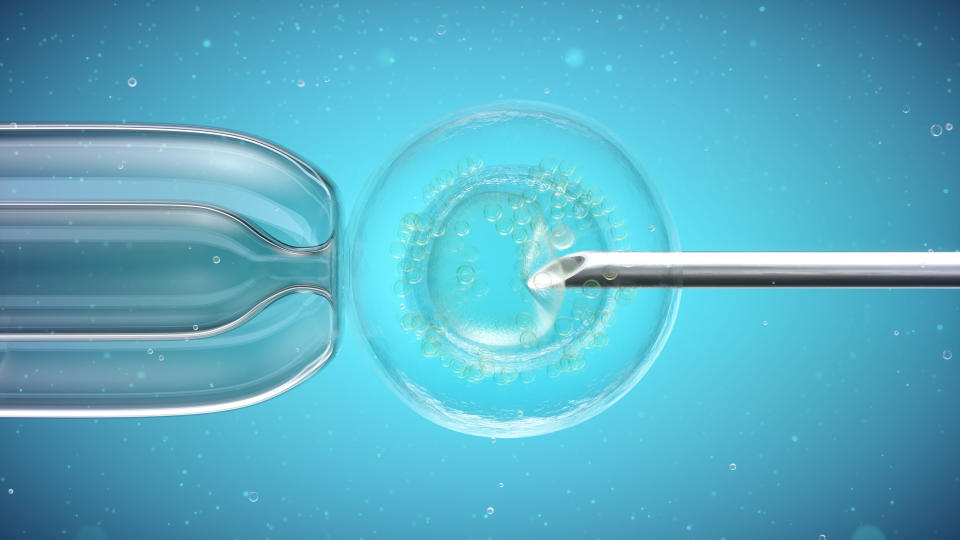
Dr. Malgorzata Skaznik-Wikiel: The sex of an embryo is determined by two sex chromosomes — one inherited from the mother and one inherited from the father. They are called X and Y chromosomes. While the egg can only carry X chromosomes, the sperm can carry either an X or a Y chromosome. A female embryo has two X chromosomes, while a male embryo has an X and a Y chromosome. The sex identification of embryos created during IVF can be done by preimplantation genetic testing (PGT), the same testing that is used to detect genetic abnormalities. It involves taking a few cells from an embryo in the laboratory and performing a genetic analysis on those cells before the embryo is transferred into the uterus.
10."Is there anything that I (25 y/o female) can do right now to boost my fertility for having kids in the future?" —Anonymous
Freeform / Getty Images
Dr. Kristin Bendikson: The most important thing you can do to boost your fertility is to live a generally healthy life. Eating well and exercising to maintain a healthy weight is a good place to start. There is no perfect diet, but one easy thing you can do is eat organic foods; and if you can’t, then at least wash your fruits and vegetables well to get rid of pesticides. If you have medical issues, make sure you are working with your doctor to treat and manage them. Don’t pick up any toxic habits like smoking or excessive drinking that can be associated with infertility. Many toxic chemicals associated with both increased infertility and miscarriage. Try to avoid the use of plastics to avoid the toxic chemical bisphenol A (BPA). Buy clean beauty products that are less likely to have toxic ingredients. Most importantly, just learning about your future fertility potential and how it can change with age or in relation to other reproductive disorders is key. Learn more about your reproductive potential so that you can make smart choices about when to start having a baby and if freezing your eggs is an option you want to consider.
11."How much of an impact does your weight have on the effectiveness of IVF and other treatments?" —Anonymous
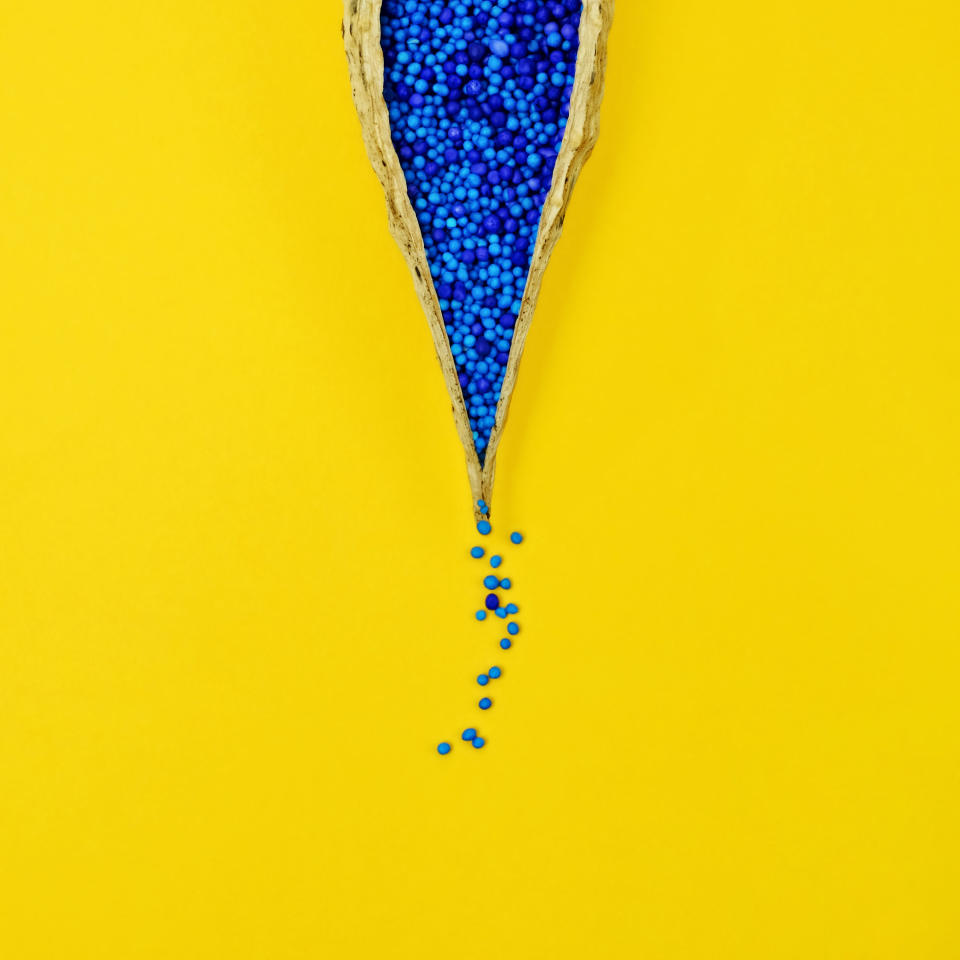
Dr. Melinda Henne: About 12% of all women with fertility problems have a weight problem. Being underweight and overweight both impact fertility. Estrogen is the key hormone and estrogen is stored in fat cells. Women with excess weight have more fat cells and the excess estrogen acts like birth control. Underweight women aren’t able to produce enough estrogen and the hormone cycle may shut down. Even with ovulation-inducing medications, like those used for intrauterine insemination and in vitro fertilization, will be impacted by the ability of the body to produce and respond to estrogen levels. For women who are extremely overweight, there are also challenges with in vitro fertilization due to the challenges with seeing the ovaries on ultrasound for monitoring follicle development and the ability to safely reach the ovaries for egg retrieval.
12."How can fibroids impact fertility?" —Anonymous
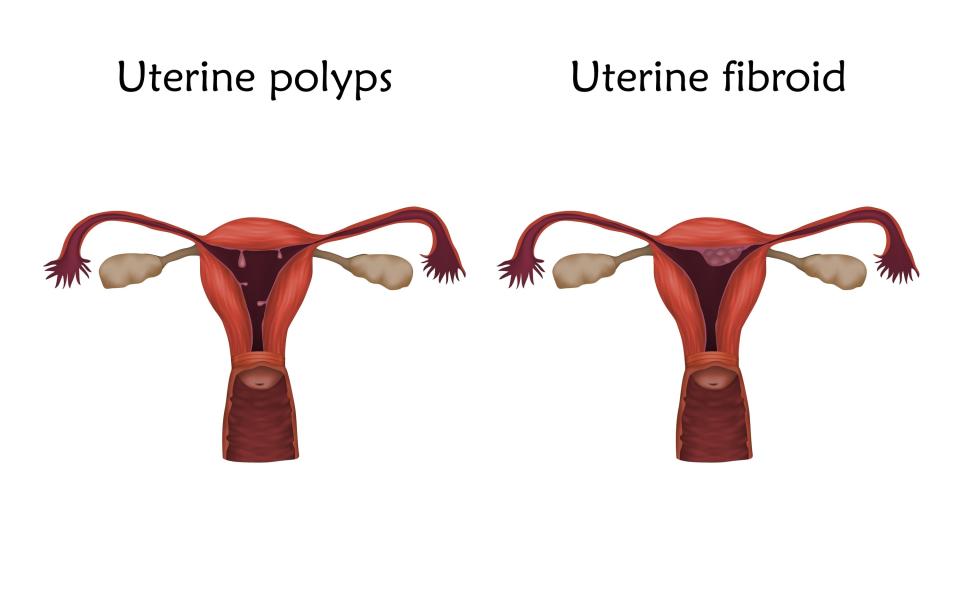
Dr. Malgorzata Skaznik-Wikiel: Fibroids are quite common, affecting up to 70% of women. Fortunately, most fibroids do not affect fertility and can be left alone in women attempting pregnancy. However, some fibroids may negatively impact fertility, depending on their size and location. Fibroids located in the uterine lining (also known as submucosal fibroids) can directly interfere with implantation. Some fibroids located close to the opening of the fallopian tube can interfere with transport of the eggs and sperm, and therefore prevent fertilization. In those circumstances surgical removal may be recommended in women who are having trouble getting pregnant.
13."Is it possible to not ovulate in a monthly cycle? I’ve been using ovulation tests and some months the line never turns dark." —Anonymous
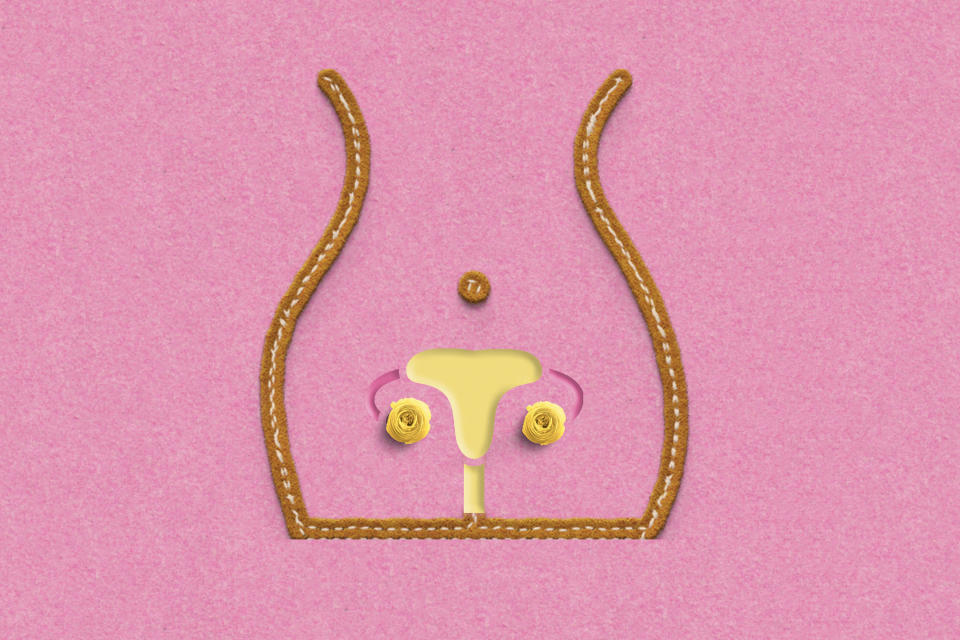
Dr. Kristin Bendikson: If you are having a regular menstrual cycle each month, you are most likely ovulating. However, having bleeding doesn’t always mean you are ovulating. Most women have menstrual cycles in between 21 and 35 days. If your cycles are shorter or longer than that on a routine basis, it is possible that you aren’t ovulating each month (even though you are bleeding). Checking ovulation with urine ovulation predictor kits is a great way to confirm you are ovulating and help determine the best time to try to conceive. However, these urine kits aren’t perfect; there can be false positive and false negative results. And you have to make sure you are checking for ovulation at the right time of your cycle, which is based on how long your cycles are. Generally, it’s a good idea to start checking for ovulation about 4–5 days before you think you are going to ovulate, just so you don’t miss it.
14."Is there any evidence to support the idea that terminating a pregnancy at a young age can cause any fertility issues in the future?" —Anonymous
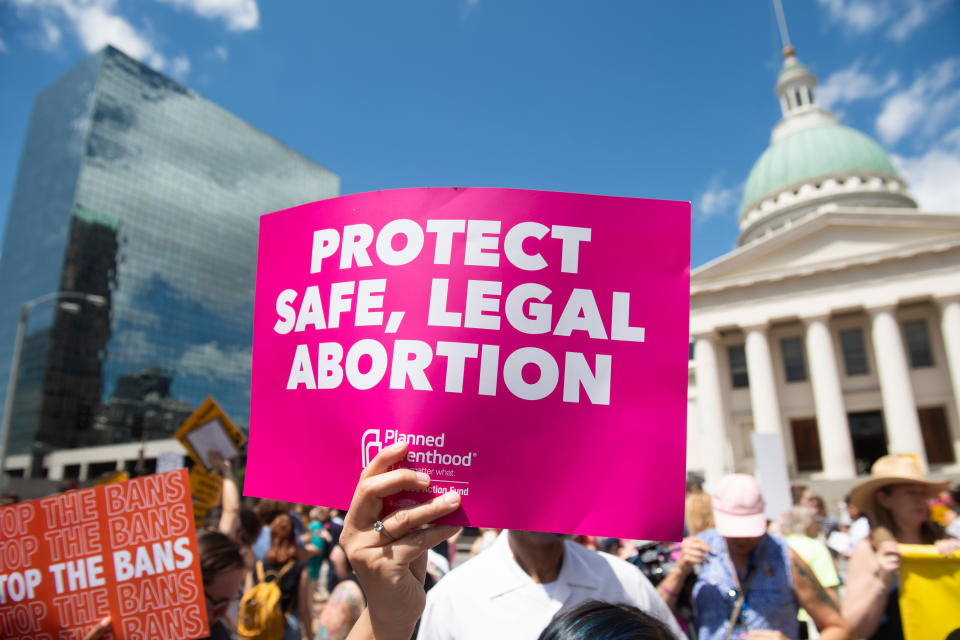
Dr. Melinda Henne: There is no evidence to suggest that a pregnancy termination will affect future fertility. However, if there was an infection or if periods become lighter after a pregnancy termination, this suggests the possibility of scarring of the uterus, which could impact implantation of an embryo.
15."How early should women check on their fertility? Are there signs we could be seeing in our teens or our early 20s that signal issues?" —Anonymous
NBC
Dr. Kristin Bendikson: There is never a time that is too early to learn about your reproductive health. There are things that your doctor can pick up from your medical history even in your 20s that could play a role in your future fertility. Fertility starts declining around the age of 27 but other factors besides age are important to consider. You should consider speaking with a fertility specialist if you know you have a disease like endometriosis or PCOS, diseases that impact your ability to conceive, or if your mother or female relative had early menopause. Women who have painful periods, heavy periods, irregular periods, or have a history of pelvic infections and pelvic surgery may also have issues that could diminish fertility. Learning more about what might impact your future fertility is important at any age.
16."What impact do factors like the age of your first period, frequency of cycle, or genetics have on your fertility? If you have your first period on the earlier side, are you then doomed to experience menopause earlier in life as well?" —Anonymous
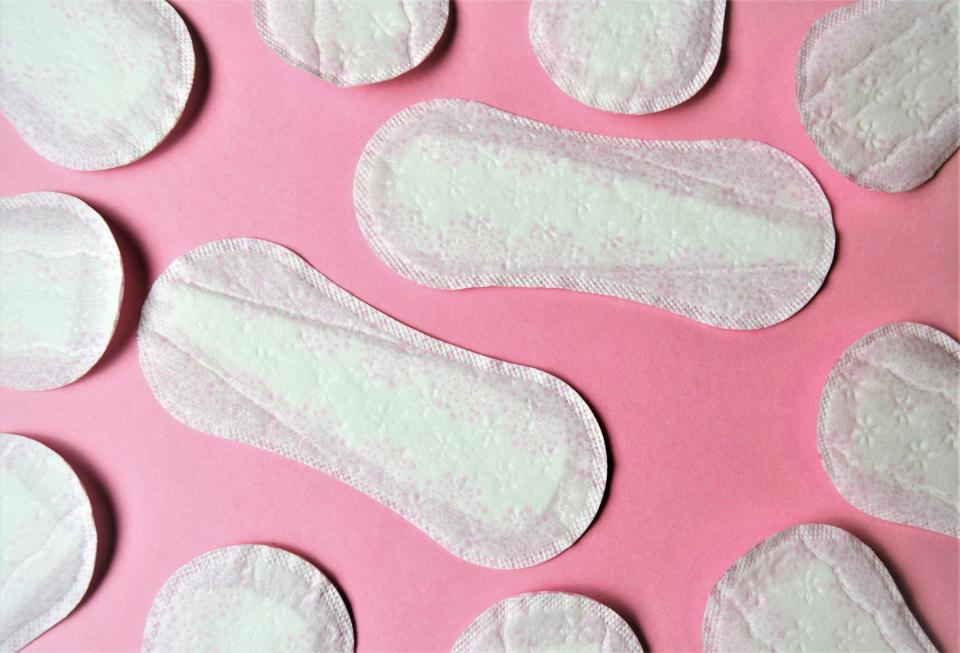
Dr. Kristin Bendikson: The good news is that if you start your period earlier, that doesn’t mean you will go through menopause early. In general, the mean age of puberty for boys and girls has been decreasing in the United States, which may have to do with many factors including increasing weight in children, nutritional status, hormonal factors, and race. Throughout a woman’s life, the length of her menstrual cycles will change; it is not always going to be the same. It is very common for the cycles to get shorter as the reproductive window closes, before it starts spacing out before menopause. Genetics do play a role in both when a woman gets her period and when she goes through menopause, but there are many other factors that control when these transitions occur.
17."How much does cigarette smoking actually impact fertility? Obviously, I know that smoking is bad for your health all around but I've never found a clear answer regarding fertility specifically." —Anonymous

Dr. Kristin Bendikson: Cigarette smoking is horrible for fertility. Cigarette smoking has been linked to both a longer time to conception and an increased chance of miscarriage. The effects are so strong that even one cigarette a day has been shown to increase the chance of miscarriage by 1%. Women who smoke are more likely to go through menopause 1–4 years earlier than women who don’t. Smoking is not only bad for women’s fertility but it’s also bad for men, too. It is safe to say that smoking in general is toxic and should be avoided in any amount.
18."If the doctors tell you there is no reason why you haven’t conceived, how can you not conceive after two years of trying? How does that work? Any insight?" —Anonymous
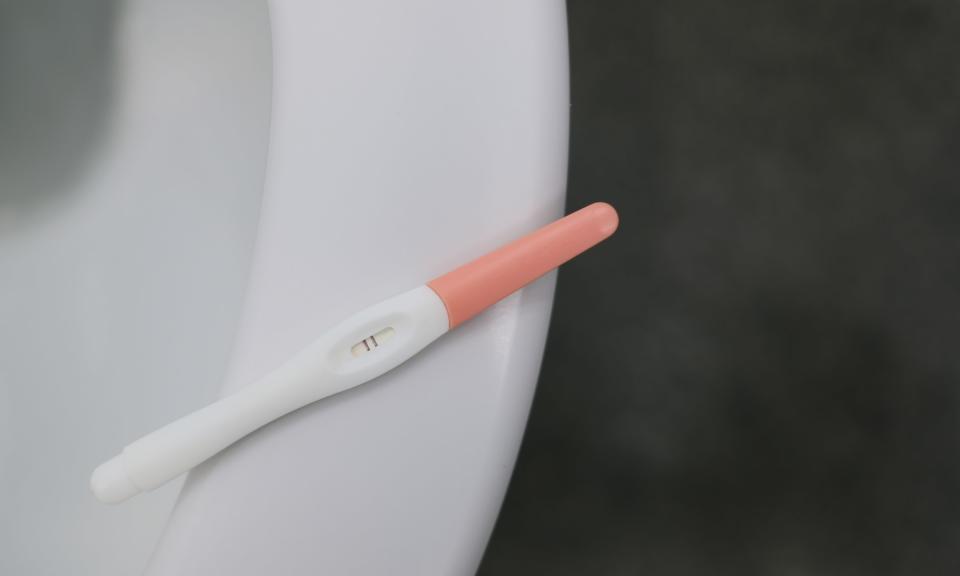
Dr. Melinda Henne: About 15% of all couples with difficulty conceiving have unexplained infertility. This means that tests for ovarian function, anatomy of the uterus and tubes, and semen analysis are normal. However, there may be very subtle things such as painless endometriosis, subtle sperm issues impacting the ability of the sperm to fertilize an egg, issues surrounding an embryo’s ability to implant into the uterus or to continue cell division, etc. that are not detectable with standard testing. And for many of these things, there may be no tests that can detect the unique individual factors that impair a particular couple’s difficulty with conception. The good news is that there are treatments that can help such as ovulation induction with intrauterine insemination and in vitro fertilization. Sometimes, when these treatments are performed, the doctors learn more about the unique features affecting a couple. And in other good news, although the likelihood of conception in any month may be low, this does not mean a couple won’t ever conceive; on the contrary, their own pregnancy is still possible.
19."If you do egg preservation, does that mean that you have fewer eggs in general and will go through menopause earlier? Would it potentially help with fertility related to endometriosis?" —Anonymous
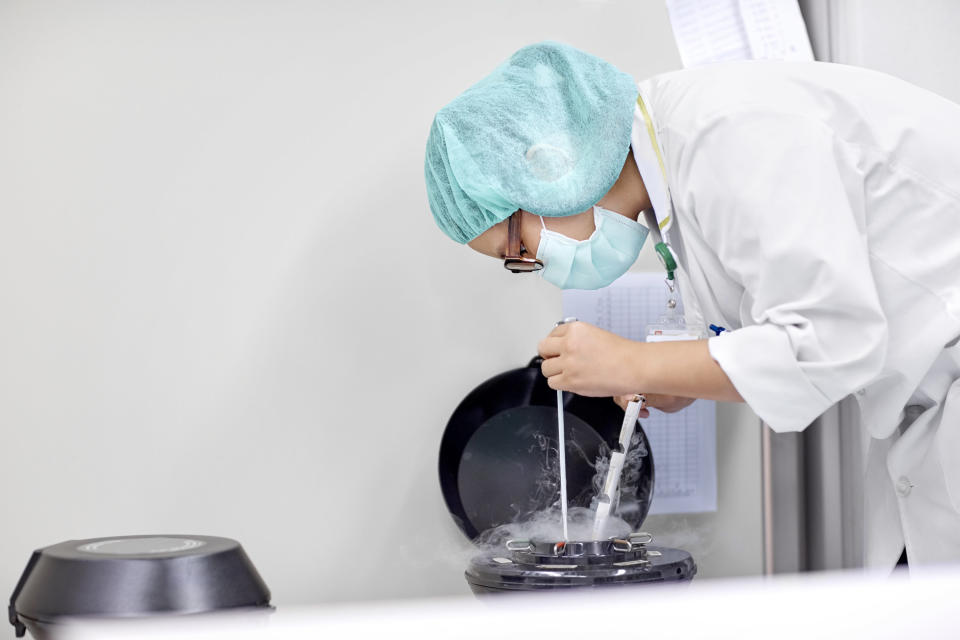
Dr. Melinda Henne: The short answer is no. Egg freezing won’t impact future fertility or timing of menopause. When we do egg cryopreservation, we are opportunistic. Every month, a group of eggs “wakes up” and one is selected as the dominant follicle with an egg that will ovulate. Unfortunately, all of the eggs that are activated that month are lost, even the ones that aren’t released in ovulation. When we overstimulate the ovaries, we are stimulating the development of some of the other eggs that may not have been selected naturally for ovulation. So this means there are no more eggs “lost” when egg freezing is done, compared to natural ovulation. This will not cause a loss of eggs in general and will not cause earlier menopause.
Egg freezing may be helpful for women with fertility problems related to endometriosis. Endometriosis may progress over time and can lead to an earlier diminished ovarian reserve. Egg freezing at a young age will allow women who have endometriosis to delay childbearing. If endometriosis worsens and ovarian reserve is decreased, the preserved eggs can be used as a backup plan for conception attempts.
20."Why is it more common for multiples to result from IVF/IUI pregnancies?" —Anonymous

Dr. Melinda Henne: Intrauterine insemination is often combined with ovulation induction medications, which may cause more than one egg to ovulate. If more than one egg is released and fertilized, multiple pregnancy may occur. With in vitro fertilization, if more than one embryo is transferred and if the additional embryos implant, a woman will conceive multiples. Also, for a variety of reasons, potentially including changes in hormone levels impacting cell division and manipulation of embryos in the laboratory, embryos after in vitro fertilization have an increased chance of splitting, resulting in identical twins.
21."I am trying to get pregnant after the depo shot. My periods have returned after seven months but has ovulation really started? How can I tell?" —Anonymous
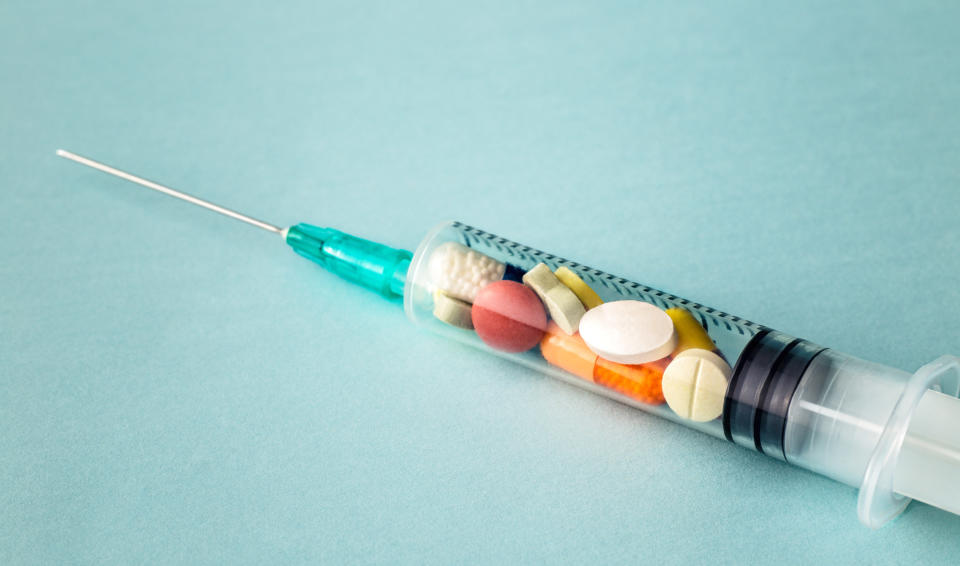
Dr. Melinda Henne: Depo-Provera injection provides a contraceptive benefit for three months. However, sometimes it can take up to a year for ovulation and periods to return to normal. If periods have returned and are regular, ovulation is likely. To be certain, a woman could track cycles and use an ovulation predictor test midcycle. Ovulation occurs two weeks before a period so for women with regular menses every four weeks, ovulation (and a positive ovulation test) should occur about two weeks after the first day of a period.
22."How long should I be off birth control before trying to conceive?" —Anonymous
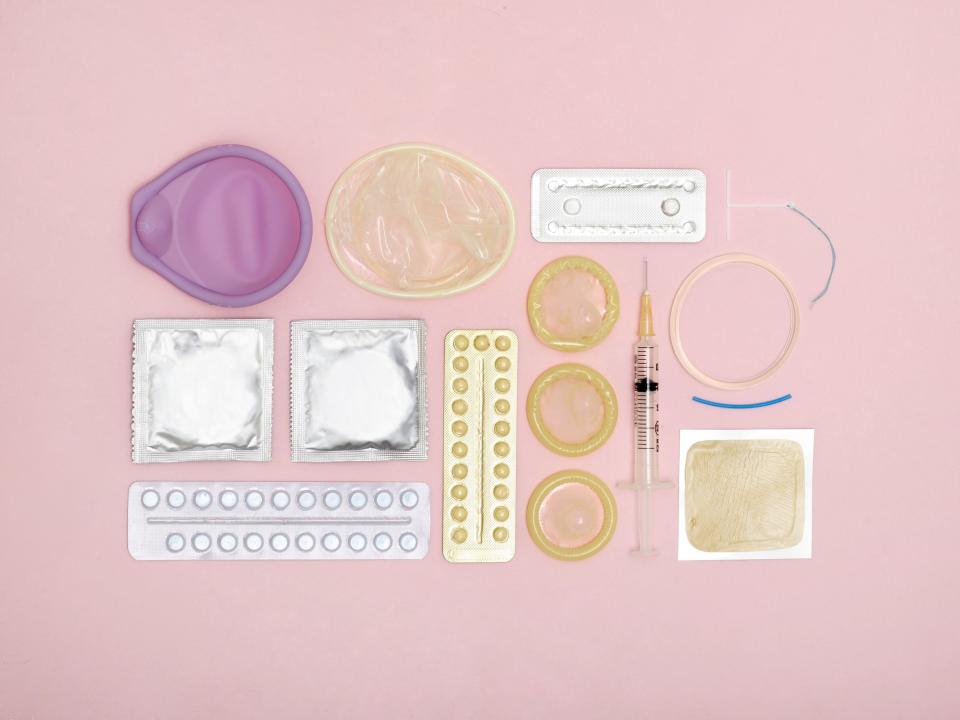
Dr. Malgorzata Skaznik-Wikiel: How quickly your fertility returns depends on the type of birth control you are using. Combination birth control methods, such as combination birth control pills, the patch, and the vaginal ring, work by preventing ovulation while a woman uses them. Once you stop using this form of birth control, normal ovulation usually resumes within 1–2 months and therefore you can get pregnant almost right away.
For intrauterine devices (IUDs) fertility returns very quickly after removing them, usually within a month. With the progesterone-releasing implant, you can try to conceive as soon as it is removed. Depo-Provera is an injectable form of progesterone that prevents pregnancy for about 12 weeks. However, the hormone can stay in a woman's body for much longer. It is usually recommended to stop this form of birth control about one year before trying to get pregnant.

